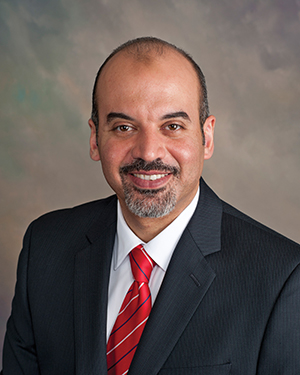Each year we "spring forward" and "fall back" with the beginning and end of Daylight Savings Time. We know it takes time for our bodies to adjust, but studies show there are some real health risks associated with the time change. Mohamed S. Soliman, MD, FCCP, Carolina Pulmonary Critical Care and Sleep Medicine, shares the risks and how you can help your body adjust.
Q. What are the effects of switching to Daylight Saving Time (DST) on our bodies?
The circadian rhythm is a 24-hour cycle that regulates sleep in humans and is synchronized with natural light darkness cycles. Circadian misalignment associated with DST can contribute to sleep loss as well as “sleep debt,” which refers to the cumulative effect of not getting enough sleep on a regular basis.
Q. Are there any risks associated with the time change?
These are some of the negative effects (risks) of DST:
- The risk of heart attack increases in the first three weekdays after switching to DST in the spring.
- Tiredness induced by the clock change is thought to be the main cause for the increase in traffic accidents on the Monday following the start of DST.
- On the Monday after the start of DST, there were more workplace injuries and the injuries were of greater severity compared to other Mondays.
- The start of DST has also been linked to miscarriages for in vitro fertilization patients.
- A study found an 11% increase in depression cases after the time change. The cases dissipated gradually after 10 weeks.
- Another study found that male suicide rates increased in the days after the spring and fall DST shifts.
Q. How long does it take for the adults and children to adjust to the one-hour time change?
Even though disrupting the circadian rhythm can have some serious effects, most studies find that they pass during the days following a DST change.
Q. What can I do to help my body adjust?
- Prepare a few days before DST starts by gradually advancing your sleep time by 15-20 minutes every night.
- Stick to your schedule.
- Avoid coffee and alcohol in the evenings.
- Avoid long naps.
- Eat healthily and avoid heavy meals a couple of hours before going to bed.
Q. Is there anything else people should know about the time change?
In recent polls, the majority of Americans preferred to stop the practice of seasonal time change.

Mohamed S. Soliman, MD, FCCP, Carolina Pulmonary Critical Care and Sleep Medicine






Leave a comment